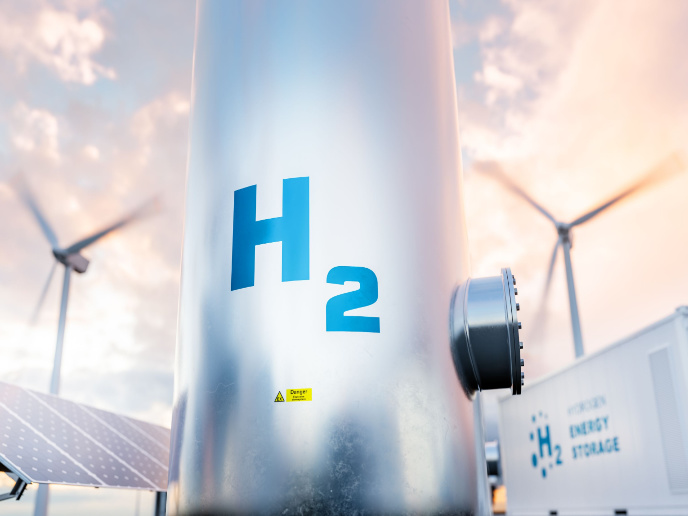Use of HCCI combustion in heavy-duty diesel engines
The process, known as Homogeneous charge compression ignition (HCCI) involves both conventional spark ignition and diesel compression ignition technology. Combining the two systems allows diesel-like efficiency without NOx (nitrogen oxides) and particulate matter emissions. To put it simply, fuel is thoroughly mixed with air in the combustion chamber giving a very high proportion of air to fuel. When the engine's pistons reach the highest point of the compression stroke the air/fuel mixture ignites. This is achieved from compression heat, like in a diesel engine, and does not require the assistance of a spark plug. The result is low fuel usage and low emissions. Researchers from HY-SPACE applied HCCI technology to a multi-cylinder diesel engine. For the purpose of testing, the engine was converted from a unit injector to a common rail injector system. This allowed very high gas recirculation rates to be realised. With this engine, higher brake mean effective pressures of up to 10bar could be achieved. However, above this level both fuel consumption and emission values increased. This meant that any application of the HCCI combustion system would only be feasible in a dual mode form. Therefore, at low loads homogeneous combustion should be used, while large and full loads should employ conventional heterogeneous combustion. Under these circumstances, expensive exhaust gas aftertreatment is still required, resulting in a substantial increase in engine cost.







